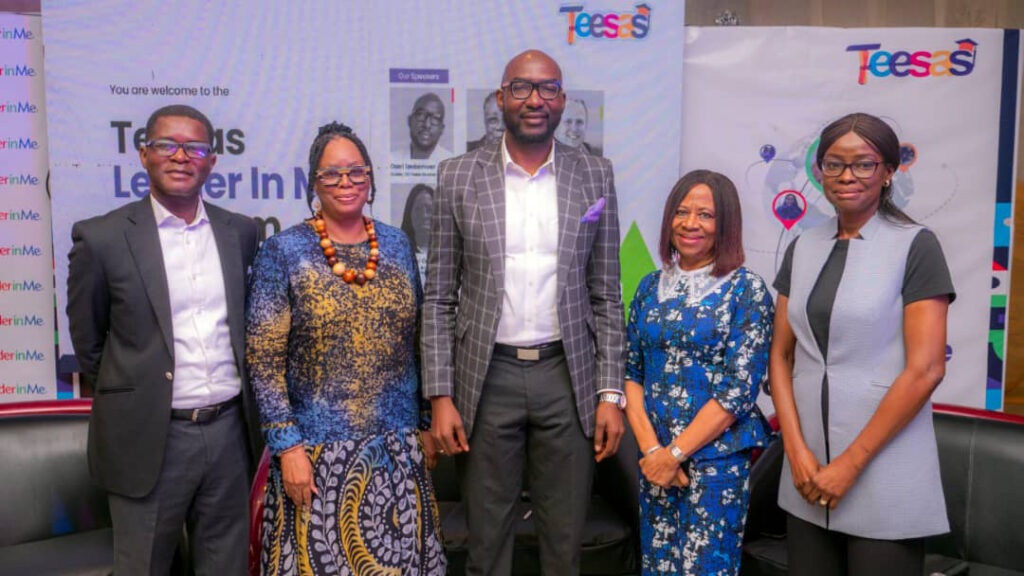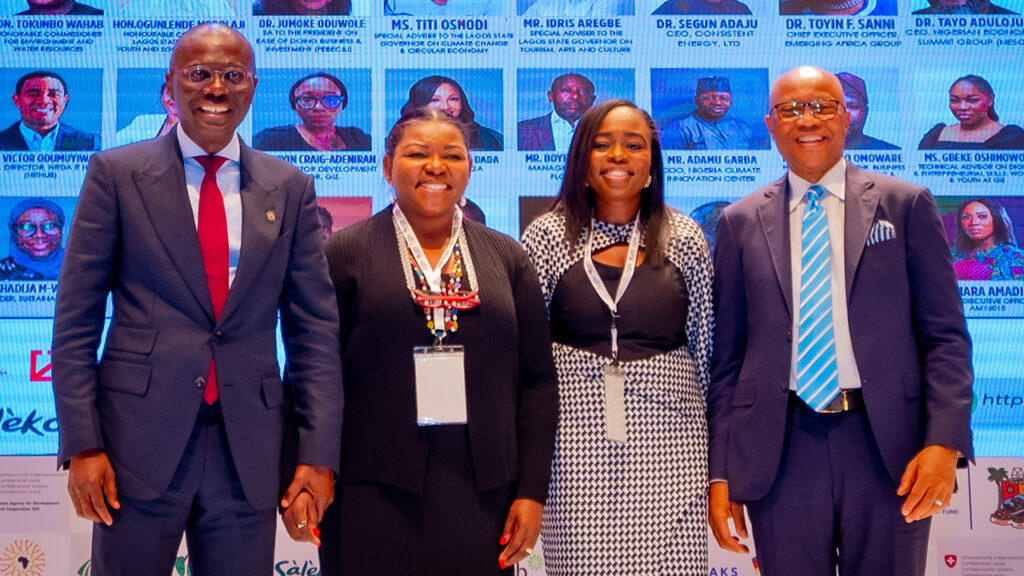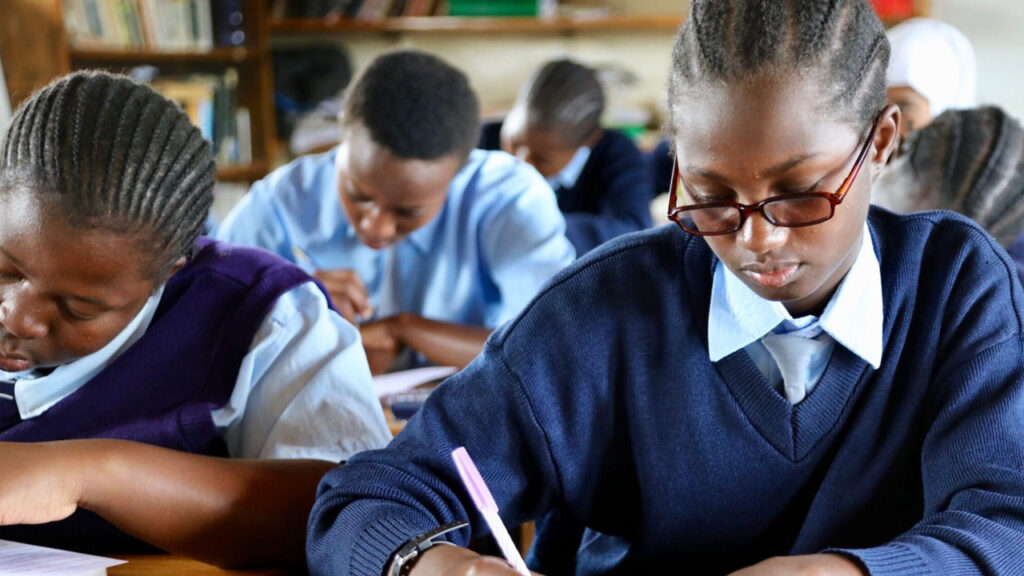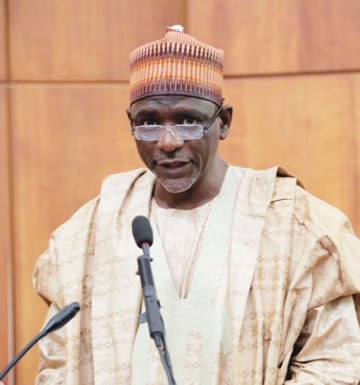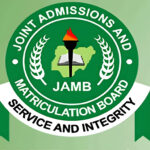
There is growing agitation among stakeholders in the education sector over the twin issues of UTME fees and the validity of UTME results, Iyabo Lawal reports.
Following recent declaration by the Joint Admissions and Matriculation Board (JAMB) that it remitted about N50 billion to government coffers in the last six years, stakeholders have been asking questions on the role of the agency in the education sector.
Among others, they wonder if JAMB should continue to charge fees for registration, even as they asked if the agency was created to be a revenue-generating agency.
Similarly, stakeholders also called on JAMB to extend the validity of the Unified Tertiary Matriculation Examination (UTME) results beyond one year.
JAMB registrar, Prof. Ishaq Oloyede, had explained that the remittance of funds raised from sales UTME forms to Federal Government started as one of the measures put in place to serve as “cost control, prevention of financial leakages and minimisation of financial corruption.”
Oloyede said the surplus funds included over N29 billion directly returned into the Consolidated Revenue Fund (CRF), N11 billion disbursed on capital projects, Corporate Social Responsibility (CSR), and savings of about N6 billion, among others.
In the six-year period, about 11.7 million candidates obtained forms for the examination. Specifically, 1, 736,571 candidates bought application forms in 2017; 1,662,762 in 2018; 1.6 million in 2019; 2.1million in 2020; 1.3 million in 2021; 1.8 million in 2022 and 1.6 million in 2023.
The candidates, who sat for the UTME between 2017 and 2018, paid N5, 000 each as registration fee, but following public outcry on the cost, the Federal Government reduced it to N3, 500.
Oloyede, while appearing before the Senate Committee on Tertiary Education, said the board had stopped receiving capital and overhead allocations from the Federal Government since 2017. He said the agency had taken over the total funding of its capital and overhead cost.
Section 22 (2) of the Fiscal Responsibility Act (FRA) mandates agencies such as JAMB, West Africa Examination Council (WAEC), National Examination Council (NECO), Nigeria Television Authority (NTA), Nigeria Port Authority (NPA), and the Nigeria Communications Commission (NCC) to remit 80 per cent of their operating surplus into the CRF.
But despite the remittances, the Federal Government is yet to significantly invest in the sector and make the system more functional.
Poor funding has been identified as the major reason for the rot and challenges in the sector, especially tertiary education, which has led to frequent strikes by teaching and non-teaching staff since early 1990s.
Indeed, Federal Government’s allocation to education in the eight years of President Muhammadu Buhari’s administration has been miserly.
Over the years, university workers have embarked on strike in protest against inadequate funding and poor conditions of service. Infrastructural facilities in the institutions are in deplorable state; halls of residence are overstretched, while lecture halls are dilapidated and ill-equipped.
These challenges affect the capacity of the institutions.
The National Bureau of Statistics (NBS) has stated that of the 11,703,709 applications received between 2010 and 2016, only 2,674,485 candidates were admitted across the 36 states and the FCT as the universities cited lack of infrastructure to cater for the teeming population.
Between 2018 and 2019, over 1.6 million of the 2.8 million candidates, who applied for admission into Nigerian tertiary institutions, were unable to secure placement in the Ivory Towers, polytechnic and colleges of education.

Statistics obtained from JAMB also showed that of the 1,662,762 candidates, who wrote the 2018/2019 UTME, only 585,498 gained admission into tertiary institutions.
To address these challenges, the Academic Staff Union of Universities (ASUU); Professor of History, Ayodeji Olukoju, and educationist, Dr. Toba Opaleye, suggested that remittances from JAMB should be ploughed back as intervention funds to address some of the pressing needs in institutions of learning.
Others, including former Deputy Vice Chancellor (Academic), University of Lagos (UNILAG) and erstwhile Acting Vice Chancellor, Olabisi Onabanjo University (OOU), Ago Iwoye, Prof. Olusoga Sofola; Professor of Botany, John Aloga and university teacher, Olamide Oyenuga, said the proceeds should be deployed to building more Computer-Based Test (CBT) centres, improve on its examinations and fund secondary education. Others suggested that the money should be used to fund brilliant indigent students in tertiary institutions.
SOME stakeholders also canvassed the extension of UTME results validity to reduce the number of students, who register for the exams, yearly.
ASUU zonal coordinator, Edwards Brown, said what JAMB is doing “is to exploit poor Nigerians for the benefit of government officials.
“The question we should ask is, where is the money coming from? And where is it going? The money is equally not going back to the institutions that require it for infrastructural upgrade to make them globally competitive. It should have been pardonable if the money is coming back to the school system but rather, the money is being ploughed back to the government to fund the recklessness and profligacy of government officials and functionaries.
“And it is so sad that many Nigerians are praising this conduct of JAMB and tagging it as a brilliant performance. But I think the people need to look closely behind the smokescreen of this thing called performance. It is mass exploitation in disguise.”
To him, the agency set up to conduct examinations for candidates seeking admission, has no right charging fees for application forms or remitting excesses of the funds to government coffers since it is not a revenue generation agency.
Olukoju, on his part, said whatever JAMB earns by way of profit should be added to what comes from the Federal Government and used to address pressing issues affecting the sector.
According to him, the greatest challenge public universities face is Internet connectivity and Information and Communication Technology (ICT).
“If we can boost university campuses with Internet facilities, where people can work with 24 hours connectivity, it would be a very good initiative.
“What JAMB earns can be focused on Internet connectivity and e-library. The remittances may not fund e-library for all the universities but the ministry can do it in such a way that it will look at those universities that are drawing the most candidates. To plough it back into the system, it must reward those institutions that are drawing the highest number of candidates in terms of enrolment and purchase of forms.”
Opaleye said the examination agency could reduce the cost of forms so that children and parents would not have to suffer too much to get the money to pay for registration.
He said while JAMB was not set up for money generation, it should redirect such proceeds to those institutions that generate it.
On whether the proceeds could be given out as loans, he said such would provide an opportunity to restructure the education bank in such a way that students could apply.
Sofola said the funds could be used to strengthen the whole examination system from the UTME to Post-UTME exams.
He stressed the need to create access for indigent students, who require loans to facilitate their tertiary education.
“JAMB should be empowered to create a tertiary education loan scheme from its accruals. The good thing is that all prospective students have a JAMB identification number. This can be a good instrument for tracking beneficiaries. The combination of national identification number and the JAMB number, which are permanent, will ensure the tracking of loan recipients and follow up on repayments after graduation. The details of this can be worked out by competent financial experts.”
Also, Aloga said the surplus from JAMB should be ploughed back into the system to assist needy students.
Oyenuga said the validity period of UTME results should be extended to reduce pressure on parents and the number of candidates who yearly sit for the examination.
Nigerian federal lawmakers had moved to extend the validity period of UTME results, citing the financial burden the services of the board impose on parents and students.
In Nigeria, millions of candidates participate in the test yearly to be qualified to study in higher institutions of their choice.
For the UTME, the result’s lifespan is for a year and can be re-seated, as many times as possible, if a candidate fails to secure admission during the first trial.
But most of the candidates are unable to gain admission, even when they are duly qualified, due to issues of carrying capacity of the institutions.
Oyenuga maintains that the law setting up JAMB exploiting students, as a pass does not guarantee admission.
She said: “When you look at the number of students that apply to university every year and the number that gets in, it is definitely not their fault. So, why should they be penalised? Everywhere in the world, no such exams are valid for one year; Scholastic Aptitude Test (SAT) is valid forever,” Oyenuga said.
She described the yearly sitting for UTME by candidates as “totally unfair,” wondering why “our children should be sacrificed on the altar of revenue generation.”







